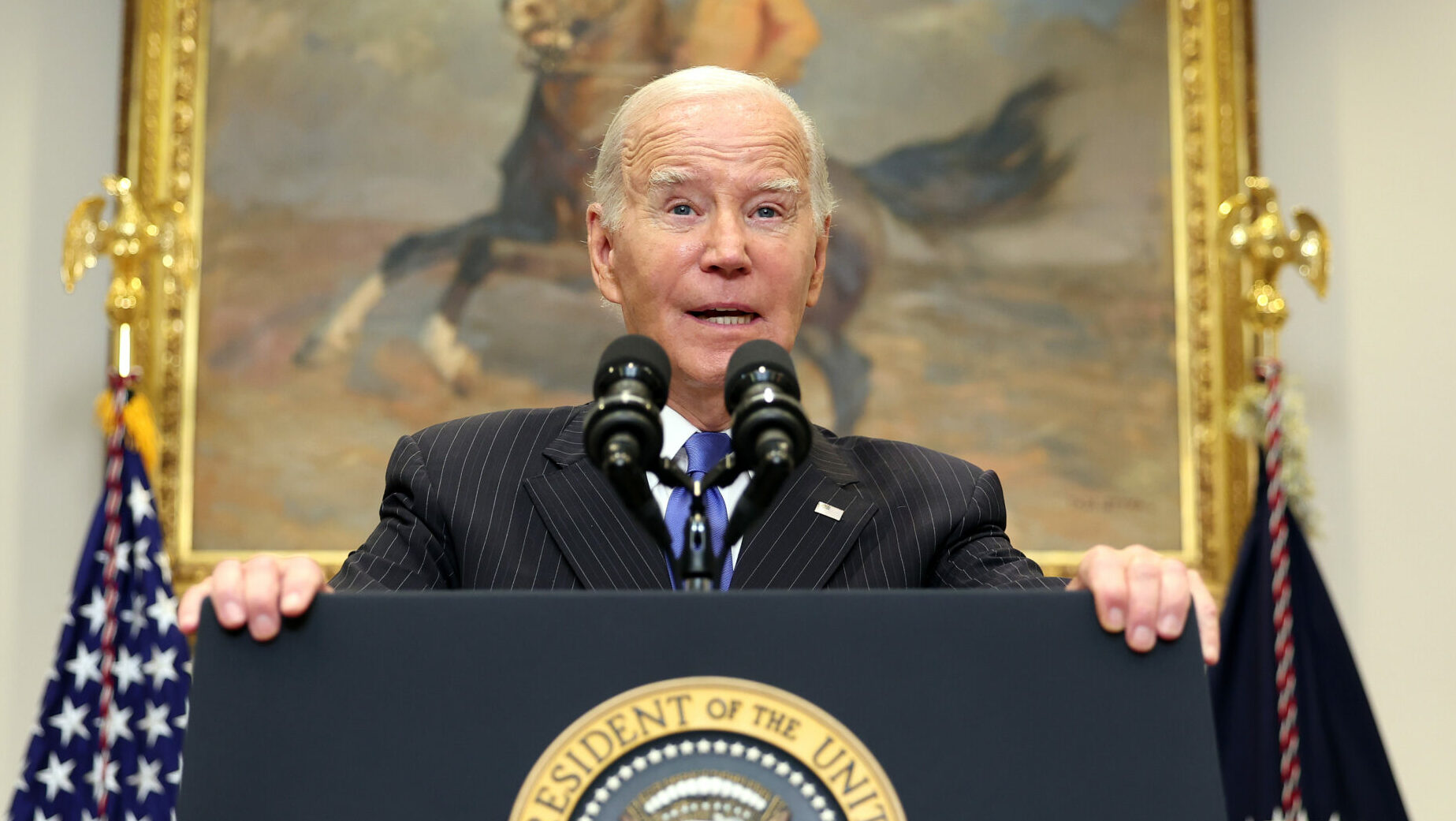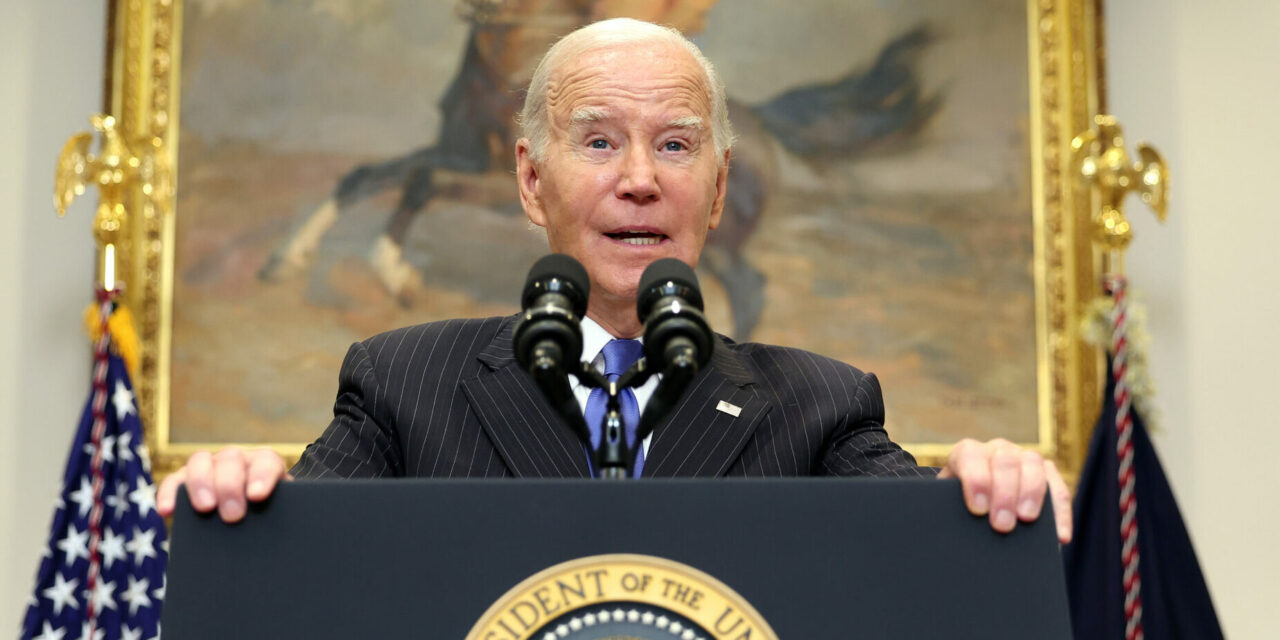
It’s no secret that Joe Biden has a youth problem. He knows it, too. The 80-year old president, I’m told, often brings up his weakness among younger voters in meetings, as he works to nurture the coalition that elected him to the White House in 2020. Biden won about 60 percent of voters between the ages of 18 and 29 in 2020, but as he pivots to re-election, his approval rating with that age group is currently at a dismal 29 percent. Yes, Democrats staved off losses in last year’s midterms thanks to big youth margins in key states, offsetting Republican gains with older and white voters. But experts in youth voting patterns mostly attribute that 2022 turnout to anger over the Dobbs decision that overturned federal abortion protections, and ongoing animosity toward the MAGA-branded Republican politicians among Gen Z and younger millennials. Enthusiasm for the Democratic Party and its aging leaders were not really part of the equation.
Earlier this summer, John Della Volpe, the director of the Harvard Youth poll who sometimes consults with Biden about his challenges with younger voters, wrote about a “flashing red” alarm for Democrats heading into 2024. In a Substack post, Della Volpe said that Democrats typically win presidential elections when they capture 60 percent or more of the youth vote, as Biden did and Barack Obama before him. Other Democratic nominees—Hillary Clinton comes to mind—lost their races when youth enthusiasm dipped below that line. That “Pokemon, go to the polls” line didn’t rally the troops in 2016, it turns out.
When Donald Trump became president, Gen Z and young millennial political engagement soared, especially during the heady days of the 2018 midterms, which saw historically high youth turnout that helped Democrats make gains in Congress. For a moment, it seemed that the youth wave was going to usher in a new era of representation and radical chic for the social media generation. But since 2018, Della Volpe warned, young people have grown disenchanted with politics and elections. They still skew progressive in a big way. But today, he said, 18-29 year olds are less likely to vote, less likely to identify as Democrats or liberals, less interested in political news, and less likely to believe that politics is a meaningful way to create change. All of that means Democrats have a lot of work to do, beginning right now, to ensure that Biden gets re-elected in 2024.




